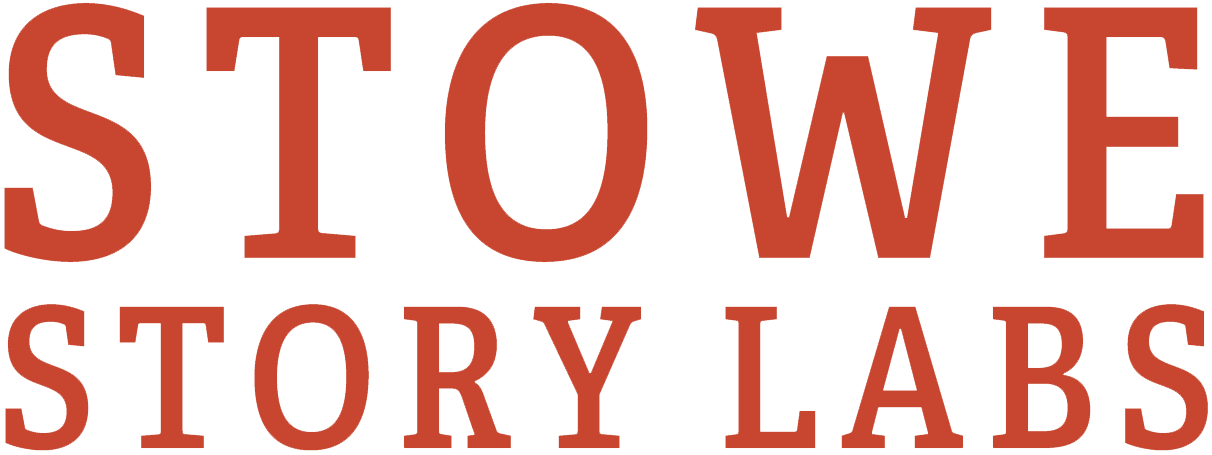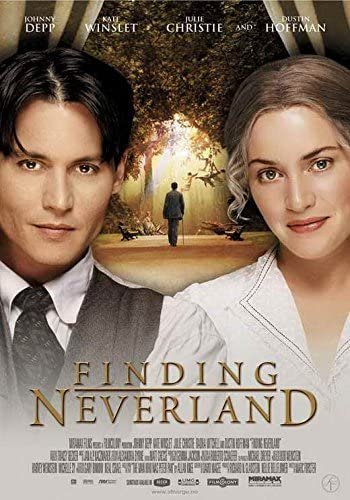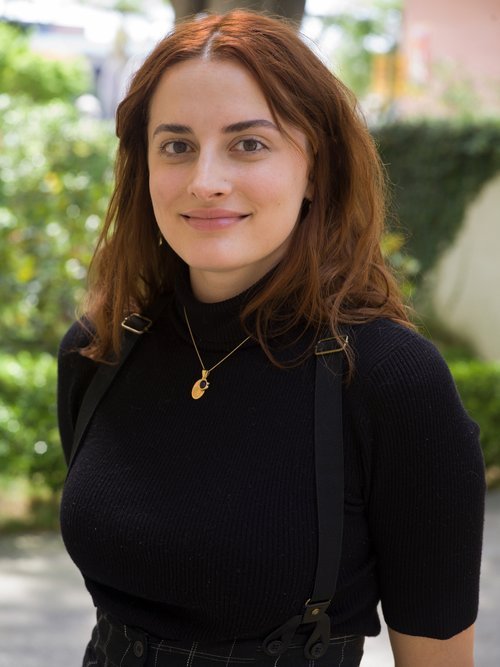Carving Into Story
Academy-Nominated Screenwriter and Stowe Story Labs Mentor David Magee on Finding One’s Way in Hollywood
By Marian Cook
David Magee
Screenwriter and Stowe Story Labs Mentor David Magee has many exciting things in the works. Currently, he’s in pre-production for the US adaption of the Swedish comedy hit A Man Called Ove. David is writing the film, Marc Forster (Monster’s Ball, Finding Neverland, The Kite Runner) will be directing, and Tom Hanks will star. You can read more about the production here.
During our interview, David took a call from Forster and the buzz was palpable. He’s come a long way from his acting days in NYC where, as he said, he was “having a wonderful time, but making absolutely no money.”
Originally, David wasn’t sure what his calling was, but it was between acting, directing, and writing. So in undergrad, he studied design and directing, and then went to grad school for acting. He still dreamt of writing, but he felt insecure about his work. To make ends meet, he started doing voiceover work for audiobooks, and it would be one gig for an abridged version of an audiobook that would change the trajectory of his life and garner him Academy and BAFTA nominations for his adaptations of Life of Pi (2012) and Finding Neverland (2004).
“I had already recorded the full length book and read the abridged version the night before, so I went in and said, ‘This is really a mess.’ And they said, ‘Well, do you want to try?’ So I did it and earned myself a few thousand bucks, which was great.”
David went on to get a job as an abridger at Brilliance Audio where one of his first assignments was to abridge a standard-length murder mystery of around 200,000 words to 29,500 words.
He continues, “Over the course of the next five or six years, I abridged over 80 novels. At first, it was just a way to pay the bills, but I realized that I could look at novels and see the film version of it. Essentially, an audiobook is about the same length as a screenplay. A screenplay is around 22,000 words, and I had to cut books down to 29,500 words and focus on dialogue, story, and trimming away excess detail. I started feeling really comfortable writing and less self-conscious about my own work because I was tearing apart everyone else's books,” he said with a smile.
With each adaptation, David’s writing only improved and gave him his calling card. David explains, “When you walk into someone's office, they want to remember something about you so they can think of you for certain projects. And in my case, I knew how to read a novel and see it very quickly in its bare bones shape. So early on, I was brought a lot of adaptations which turned out to be wonderful because if you’re hired by a studio to write something, you get paid to start writing. Whereas if you do an original, you're taking it on faith.”
Nonetheless, he’s written a lot of projects that haven’t been made or are only getting made 10-20 years after the fact like his adaptations of Lady Chatterley’s Lover (2022) and The Tiger’s Apprentice (2023). The industry is fickle, and he recognizes that, but without passion and initiative you’ve accepted defeat before you’ve even played the game.
“If you don't love it, don't do it. Don't tell yourself that, ‘Well, once I get to be a big star, I'm going to love acting’ or ‘when I get to be a big director, it's going to be different.’ It's still the same job. That's first and foremost. Second, so many times in this business, people get out of college and wait for someone to give them a role or trust them with a script, but 90% of the time it's initiative that gets someone known in this business. I told you what I did, I wrote a play. And then I said, ‘I'll write your film for a dollar.’”
Rocchio and Pope take in the landscape.
That film was Finding Neverland, directed by Marc Forster and starring Johnny Depp and Kate Winslet. After selling it, the film took several years to be made, but in the meantime, the script went around Hollywood and garnered David several invitations to pitch.
Several years later, he would cross paths with Writer, Director, Creative Producer, and Stowe Story Labs Co-Founder David Pope, who would invite him to be a mentor at Stowe. The rest is history.
“Let me say first, selfishly as a mentor, being forced to articulate the screenwriting process and why you do things the way you do gives you a conscious understanding of what it is you've done somewhat instinctively for years.”
“I don't think people ever really fully realize how much rewriting, rethinking, and analyzing it takes to write scripts. I can't tell you how many times I’ve mentored in workshops where someone comes with their script and thinks what’s going to happen is we're going to say, ‘Oh my God, this is perfect. Can I shoot this now?’ So some people leave workshops like this resistant to change, and with others the script grows by leaps and bounds, not because of what you told them, but because you opened some doors for them to start thinking differently. And at Stowe, I've seen some really remarkable transformations, beautiful little films get made, and careers begin for people who put the writing to the test,” David said.
Though he warns about hubris, David makes a clear distinction. He recounts a Tennessee Williams quote that he taped to his wall many years ago that served as guiding light in treacherous waters: “A play is a phoenix and it dies a thousand deaths. Usually at night. In the morning it springs up again from its ashes and crows like a happy rooster. It is never as bad as you think, it is never as good.”
“I thought I was going to be an actor and it turned out I was a writer and that was just fine. So when writing the draft of a film, you have to believe it's brilliant and in your abilities. But you also have to have time where you go, ‘Ok, this is the best I've got. I'm sharing it with you. As long as your criticism is not mean, I need to hear what you think.’ That's another thing, people can be competitive or too harsh. Constructive criticism and knowing who you can trust with that criticism is incredibly important,” David explained.
Which is why we do the work we do at Stowe. This industry is large enough for all stories. It needs them. And only through community can we break down industry barriers to bend the world a bit through story.
Marian Cook is a former journalist, Stowe Story Labs staff member, and current USC student pursuing an MFA in directing. She’s been published over a dozen times, covering topics from local news to federal healthcare legislation. Although she loves the world of journalism, having done documentaries on a range of topics from plastic surgery to segregation in the church, her real passion lies in narrative film. She one day hopes to be a writer-director and tell strong, female-led stories, especially that of Latinas. When she’s not filming, she likes to explore, listen to blues and jazz, brush up on her French, and absorb everything science fiction related. Learn more at http://mariandcook.weebly.com/. At Stowe Story Labs, Marian assists with all aspects of operations, writes for the newsletter, and assists with research and writing to support fundraising and communications about programs.




